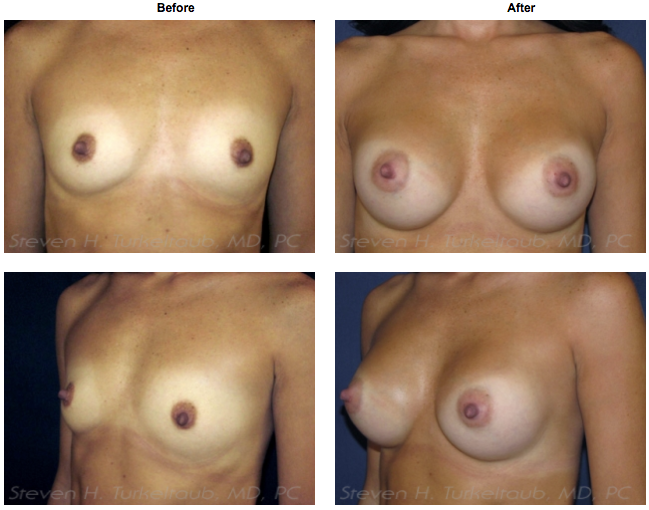Home|Blog | What Is Recovery Like After Breast Augmentation?
What Is Recovery Like After Breast Augmentation?
Wouldn’t it be nice to have your breast augmentation and be able to skip the recuperation?
No pain. No tightness.
Just beautifully enlarged, naturally soft, already perfect breasts.
Unfortunately, that’s not quite the reality of the recovery from a breast augmentation. The following is more of what you can expect after this procedure.
The Day of Surgery
Breast augmentation recovery begins right after your surgery is completed and you are in the recovery room. While there, you will be well taken care of by your nurse as you wake up from the anesthesia, become more aware of your surroundings and subsequently are deemed ready to go home. The average amount of time spent here is around one to one and a half hours.
Of course, you will need someone to drive you home as well as stay with you preferably for the first 24 hours. During this period of time you may feel tired and want to initially sleep for a few hours. Some patients may experience nausea or even vomiting from the anesthesia as well as a dry mouth or sore throat. There usually is some tightness and soreness of your chest and breasts that can vary with movement and position. You will have some sort of dressing on that should not be removed or significantly manipulated unless otherwise instructed by your plastic surgeon.
The First Few Days After Surgery
The discomfort experienced by most patients the first 48 hours is typically of a mild to moderate degree and usually well addressed with the prescribed analgesics and muscle relaxant. Dr. Turkeltaub uses a very gentle surgical technique which helps to minimize this issue. Muscle tightness or spasms can occur but these generally resolve fairly quickly. Swelling and firmness are expected occurrences.
If you feel well enough, you can leave your house the next day though it is recommended that someone else drive while you are still taking any narcotic pain medication. Getting up and walking around is encouraged and will help shorten your recuperation.
The surgical compression dressing is typically removed after two to three days and is replaced by a sports type bra that is worn day and night for one to two weeks. A supportive bra to be worn at least during the days is recommended thereafter. This regimen can vary with each plastic surgeon.
The Rest of Recovery
It can take three to six months for most of the swelling to resolve and for the skin and muscle to “relax” and “soften.” However, give it one year to see the more long-term results.
When to Return to Activity After Surgery
Most women will be able to return to school or non-strenuous work (e.g., desk jobs) in just four to seven days after breast augmentation surgery. However, if your job is more physical or requires repetitive arm movements, you should modify your activities or take more time off work for recovery.
You should wait at least three to four weeks to return to certain sports and other athletic endeavors. Others activities, such as chest muscle exercises, should be avoided for a full eight weeks. Violations of these restrictions can result in otherwise avoidable complications some of which may even require you returning to surgery to address.
Differences in Recovery Experiences
Recovery after breast augmentation will not be exactly the same for every patient. Many patients will heal quickly and with relatively little discomfort whereas others may take a bit longer to recover. Those who elect to have their implants placed in front of the chest wall muscle (submammary) will generally have a shorter recovery with little or no real pain. Different surgical techniques, as well as surgeon skill, will also affect your experiences.
Dr. Turkeltaub can advise you on what to expect based on your individual circumstances and technical choices for breast augmentation.
Recovery Tips
To help your breast augmentation recovery go as smoothly as possible, it is very important to carefully follow all of the postoperative instructions given to you by your plastic surgeon. If at any time during your recovery you have questions or concerns, you should contact him or her. This can further assist in making your recuperation as pleasant, short, and uneventful as possible.

